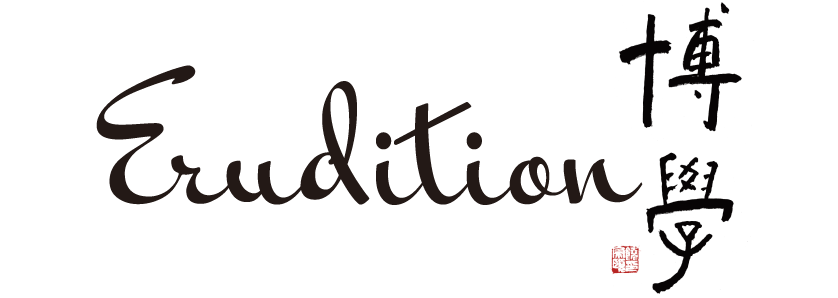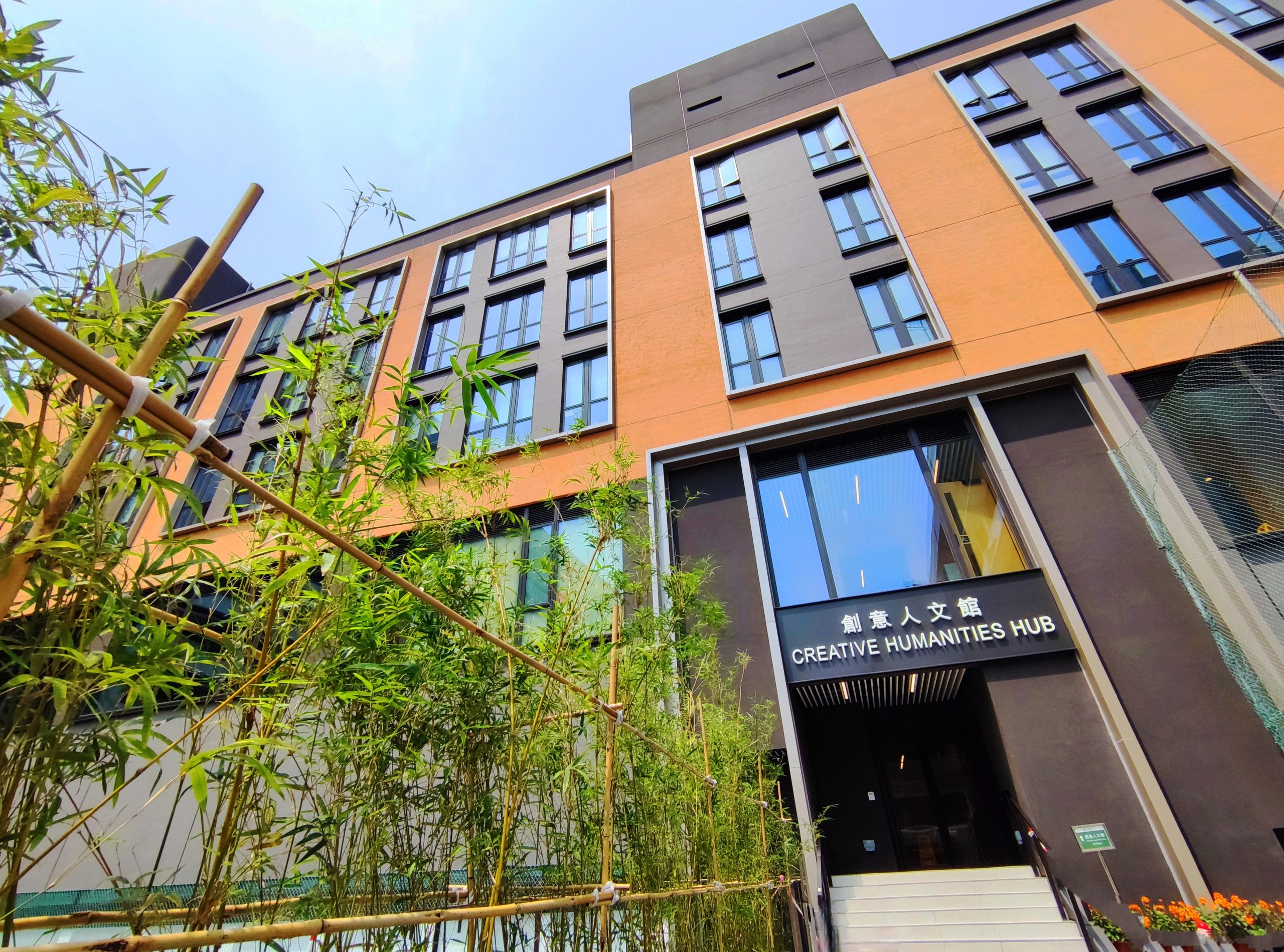Since its foundation, The Hang Seng University of Hong Kong (HSUHK) has taken pride and responsibility in its efforts to adopt and promote a green campus and sustainable development to instil the concept of sustainability into its staff and students’ campus life and to ensure theirs and the environment’s wellbeing.
Shaping a sustainable culture
Ms Antonia Yeung, Associate Vice-President (Development and Campus Services) at HSUHK who is in charge of the formulation and implementation of sustainable campus strategies, says “HSUHK sees the campus as a ‘living laboratory’, where sustainability principles are integrated into multiple aspects of campus life. Therefore, the campus community’s engagement in green practices becomes even more important for everyone to contribute to this shared and common goal.”
In line with the University’s Strategic Plan 2023-2028, the Sustainability and Social Responsibility Committee and the Working Group on Energy Conservation and Sustainability are stepping up sustainability efforts and have developed guidelines to provide practical recommendations to staff members and students for them to contribute to sustainable development. For example, when hosting events, organisers should consider using electronic communications and marketing channels instead of printed flyers; plan stage activities that do not require substantial props; and provide green transportation options, among others.
HSUHK’s “EcoTrail Programme”, supported by Hang Seng Bank, invites members of the community to HSUHK’s campus and gives them an opportunity to have hands-on experiences and interactions with greenery on campus. Through the programme, HSUHK student ambassadors are trained as EcoTrail docents to enrich their knowledge of greening, sustainability, and the University campus so that they can guide visitors to learn about the green initiatives on campus. On a tour that was held in March 2024, student docents guided participants through several points of interest across campus, and showed them a variety of trees, bamboo species, as well as birds and insects in their natural habitat. Future campus tours have also been arranged to highlight the practical applications of bamboo and other energy-saving building designs adopted at HSUHK.
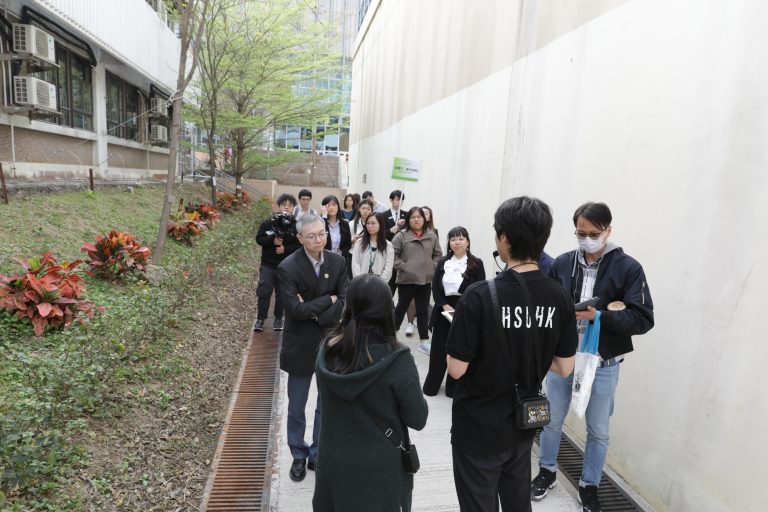
Residential Colleges (RCs) at HSUHK are also actively involved in promoting green practices. In partnership with the Environmental Protection Department (EPD), RCs launched the Green Collect Programme which teaches residents how to put green practices and recycling in action. As of July 2024, RCs have recycled over 3,000 kg of recyclables, making a significant impact on waste reduction. In the last academic year, RCs secured external funding from the Environment and Conservation Fund and NWS Holdings Charities Foundation to launch two environmental education programmes, the “Learn To Save Ocean Education Scheme” and “ECF Nature Explorer in Mui Tsz Lam” programmes, which include initiatives such as shoreline clean-ups, educational talks for local primary students, designing eco-maps to showcase the beauty of Hong Kong’s nature, and conducting guided nature walks.
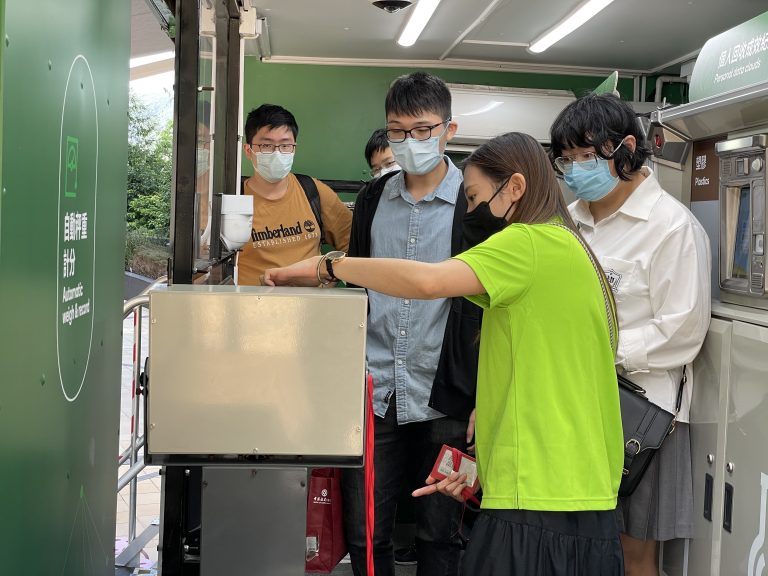
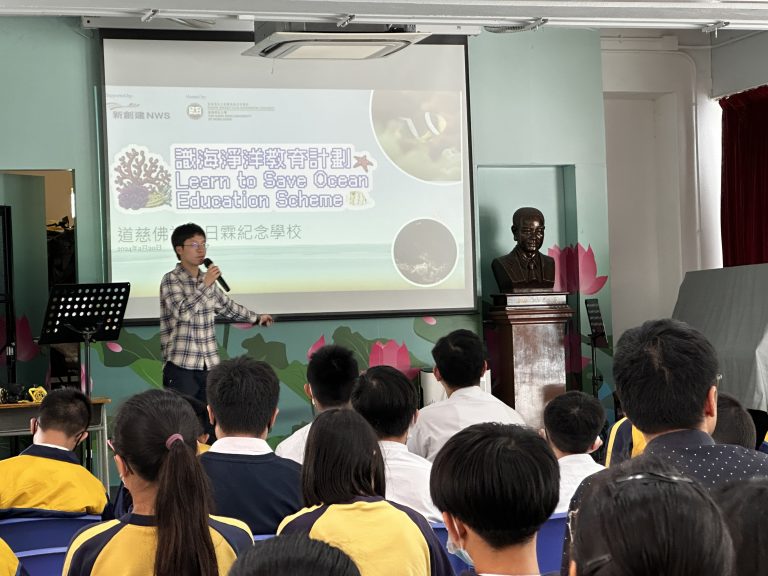
To further develop its green campus, the “Eco-Pledge Campaign” was established at HSUHK in 2014, and has received generous donations from staff members and alumni since its launch. 2024 marked the 10th anniversary of the Campaign and in celebration, President Simon Ho dressed in gardening gear and led donors of the Campaign, alumni, staff members and students to carry out a range of gardening activities. Participants pruned trees and potted plants at Wei Lun Square to foster a sense of belonging to the campus through the cultivation of plants and trees. HSUHK also received a donation of gardening tools from Techtronic Industries Company Limited, which will further enhance the efficiency of campus greening and beautification.
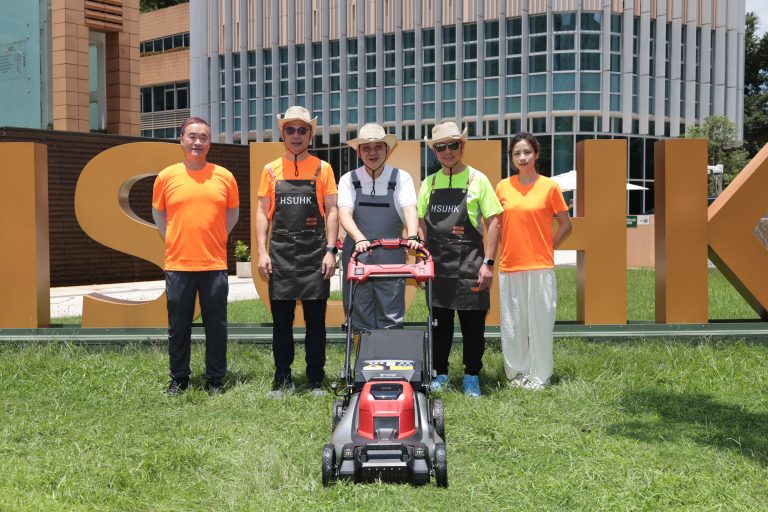
Enhancing green infrastructure and facilities
Fondly known as the “Bamboo University”, HSUHK is the only higher education institution in Hong Kong that widely plants bamboo on campus, and makes extensive use of bamboo as a building material for building a green campus, such as flooring, wall panels, handrails and furniture among other features. Bamboo grows quickly, is renewable and has a high carbon reduction capacity. It also signifies “Junzi” in traditional Chinese culture and has a symbolic meaning of integrity, resilience, resoluteness and humility, all values that the University hopes to instil in its students and campus community.
As the front-line office that carry out campus sustainability strategies, the Campus Development and Management Office (CDMO) strives to provide an environmentally friendly and sustainable teaching and learning environment. Mr Landy Hung, Director of CDMO, says “HSUHK is the first education institution in Hong Kong to receive the ‘Platinum’ rating of BEAM Plus certification from the Hong Kong Green Building Council for all its new buildings and greenery across campus.”
Energy and water conservation at HSUHK (From 2018-19 to 2023-24 academic year)
⇓ 21%
Annual energy consumption per capita
⇓ 20.8%
Annual water consumption per capita
HSUHK’s newest building, the Creative Humanities Hub, has been built with sustainability-conscious processes. From its design to its construction, green features such as high efficiency energy and water facilities, eco-friendly construction materials have been incorporated in the Hub’s design to reduce carbon footprint. Photovoltaic panels have also been installed on the roof to serve as an alternative electricity power supply.
Mr Hung says that CDMO has been introducing measures in energy efficiency through energy saving measures; waste reduction and recycling; water conservation; environmental awareness; and green building practices.
CDMO has re-organised the arrangement of potted plants across campus to contribute to its biodiversity, and reuses garden waste as organic fertilizer by composting. The Office has also set up compost boxes on campus to fully utilise garden waste and transforms them into soil nutrients for gardening use. Additionally, pruned bamboo is re-used to temporarily support the growth of new plants. In February 2024, CDMO began reusing greywater for irrigation, and swimming pool water destined for discharge to clean driveways and common areas on campus. To offer clean and environmentally friendly transportation, all University vehicles have been replaced by electric vehicles and EV charging stations have been installed on campus.
CDMO has also implemented a food waste decomposer to minimise waste production and transportation from campus to the landfill. HSUHK will extend its food waste management from localised collection at campus canteen to a broader catchment that covers RCs and the Old Hall soon.
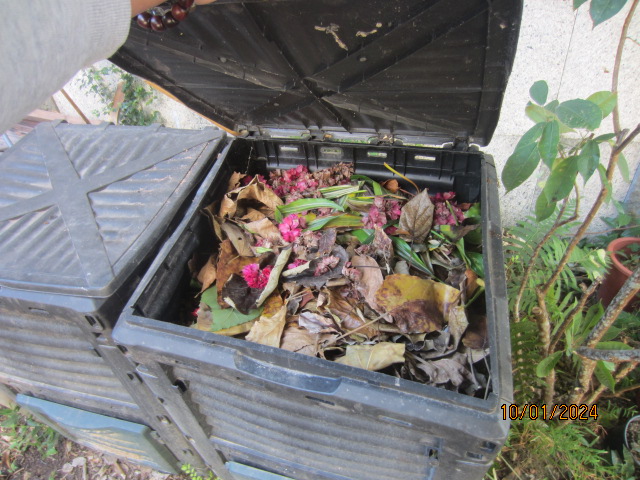
Sharing knowledge through joint efforts
The University works with organisations and government bodies to drive sustainable living. EPD launched a pilot programme on Smart Recycling Systems to enhance community recycling services and efficiency through application of technology. As part of the pilot programme, HSUHK worked with EPD to arrange a Smart Recycling Promotion Vehicle in March 2024 to promote Smart Recycling Systems and ensure that HSUHK staff and students experience and better understand the benefits of the Smart Recycling Systems.
In May 2024, HSUHK and the Federation of Hong Kong Industries, held the Bamboo and Sustainability Forum with the support of the International Centre for Bamboo and Rattan which was attended by over 300 participants. Themed “Beyond Bamboo: Reimagining a Plastic-Free Future”, international and local experts were invited to discuss and promote the use of bamboo as a substitute for plastic. Local and international experts, as well as HSUHK student representatives shared their insights.
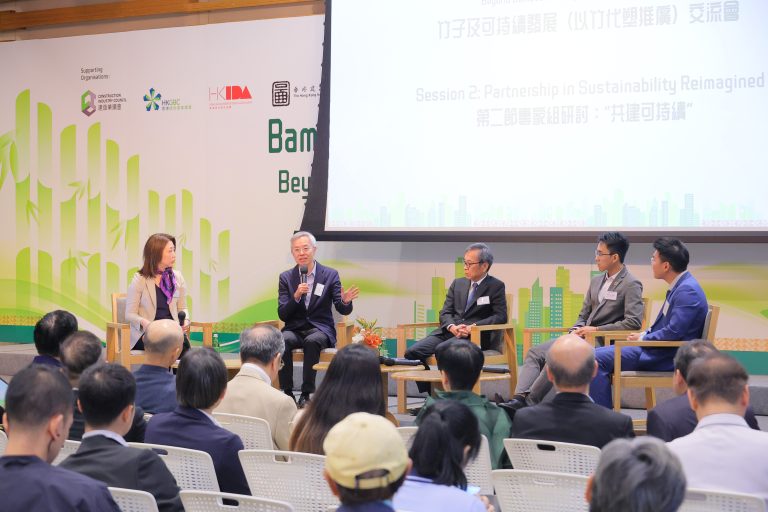
A sustainable way of life is worth championing
For its efforts in creating a sustainable campus and community, the University has won multiple awards for its operational attention to principles of the United Nations’ Sustainable Development Goals. In addition to HSUHK’s “Platinum” rating of BEAM Plus certification for buildings, recent awards won by HSUHK for sustainability include the GBA Low Carbon Buildings TOP 100 Award, and Gold Award in the Equal Opportunities Commission’s “Universal Design Award Scheme 2024-25” which recognises the promotion of accessibility in buildings and spaces.
The University will continue extending its efforts in creating a greener campus, a greener Hong Kong and a greener world, and invites all members of the HSUHK family to learn more about the University’s contributions and initiatives, as well as remain diligent in reducing our collective carbon footprint, as we increase our efforts to provide future generations green living and learning.
